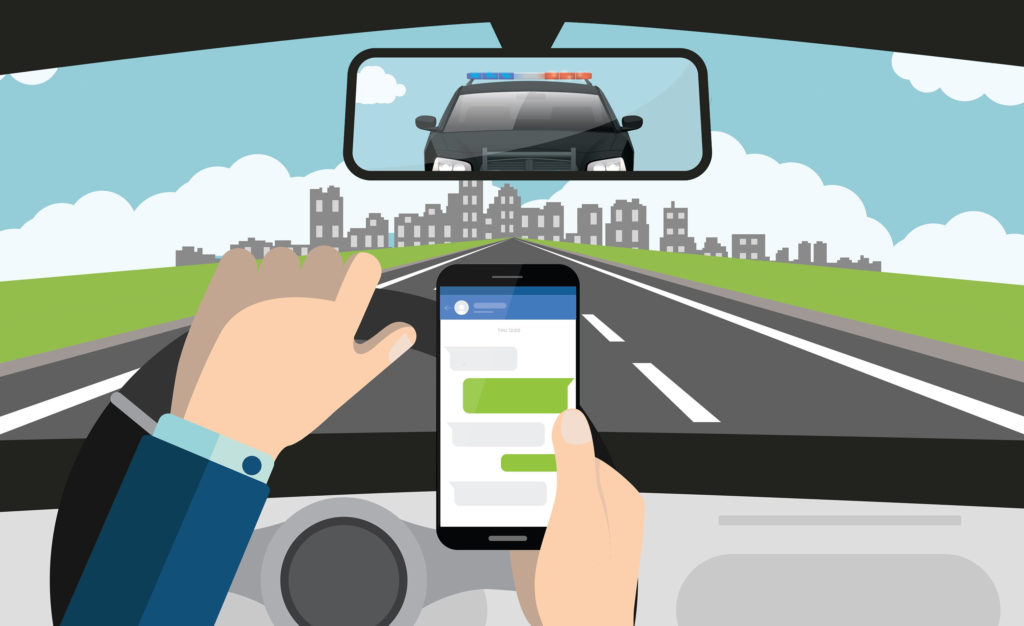
Starting July 1st Georgia motorists will be required to put their smartphones down while driving or risk being ticketed. Georgia’s new distracted driving law was a reaction to the astronomical increase in Georgia traffic fatalities from 2014-2016, more than 30%, as compared to the national increase of about 14%. While safety was properly the focus of the discussions leading to passage of the law, legislators, the governor’s office, highway safety officials and the public may have overlooked another reason favoring passage. That reason has more to do with Georgia values than safety or the threat of being ticketed.
Since my 21 year-old daughter Casey was killed by a distracted driver I have given about 20 distracted driving talks in Georgia and spoken with thousands of teens and adults. I have been very impressed with how polite and respectful Georgians have been. With all due respect to my fellow northerners, Georgians beat them hands-down when it comes to courtesy and respect. Treating others with respect means that we value and treat them like we would like to be treated ourselves. That is why it was particularly shocking to me when I was in Georgia and saw so many drivers using their phones while driving. Distracted driving is dangerous and risky, but isn’t it also disrespectful?
Studies show that most of us are now more afraid of being in a crash caused by a distracted driver than a drunk driver. Yet, despite those concerns, many Georgia drivers will hold their smatphones to text, e-mail and use apps. It’s okay if we do it but we don’t want the guy in the car alongside of us to do it. How does a society that prides itself on courtesy and respect reconcile having so many drivers who put their selfish needs first, before the safety of everyone else on the road?
More than 75% of Georgia teens I speak with raise their hands when I ask them if their moms and dads drive distracted. All Georgia parents raise their hands when I ask them if they would do anything to keep their children safe. But when asked to keep their hands up only of they don’t drive distracted with their kids in the car all those hands come down.
Children whose parents drive distracted are more than twice as likely to also drive distracted. Teaching our children to drive safely requires us to be the drivers we want our children to be. Communicating to our children that respect for others includes when driving will only be effective if mom and dad are not perceived to be hypocrites.
If we won’t stop driving distracted because it’s risky, maybe we can stop driving distracted because it’s selfish and disrespectful. Studies show the vast majority of distracted drivers will stop driving distracted if asked to do so by someone they care about. Asking our drivers to drive safer, telling them we don’t feel safe when they drive us, or that we feel disrespected when they spend as much time looking at their phones as the road, can change behaviors.
I drove distracted all the time before Casey was killed. It was her death that caused me to change the way I drive. It shouldn’t have to take a tragedy for all of us to change the way we drive.
Georgians should use the new law as an opportunity to conform their driving behaviors to their beliefs and values. When we get behind the wheel of a car we shouldn’t toss our respect for others out the window. Treating others the way we would like to be treated when we are driving will help keep all Georgians safe, especially our children.






